It is common knowledge that “Made in USA” products sell, and they sell well. This is great for businesses, the economy, and the consumer! But things get dicey when companies falsely claim that their products are made in the US when they aren’t. Such is the case for a recent overstep by Bigelow Tea.
An ongoing lawsuit for false “Made in USA” claims against Bigelow is ongoing and includes over 25 of Bigelow’s products.
Made in USA Labeling
According to the Federal Trade Commission, for a product to accurately be labeled as Made in the USA, it needs to meet several requirements. These are as follows:
- All or virtually all of the product is made in the United States
- Processing and labor are of US origin
- Products contain none or virtually no foreign content
To be Made in the USA, every step, from sourcing to packaging, must occur here on American land. We see it time and time again – companies interpret the rules very differently (or ignore them altogether) and slap a “Made in USA” label on their products despite violations.
Spilling the Tea
Bigelow began marketing some of their products as “Manufactured in the USA” back in 2017. The label placed on their tea boxes was quite large and took up nearly ¼ of the back of the package. The average consumer would see the oversized label and likely think the product was American. This is the basis of the lawsuit in question.
In 2020 the lawsuit was filed by plaintiffs Kimberly Banks and Carol Cantwell. They argued that tea was branded with the label “Manufactured in the USA” despite being sourced and processed abroad. Three years later, on July 31, 2023, a federal judge issued the certification order for any consumers who purchased Bigelow teas in California from 2017 to the present day.
In response, Bigelow argued that a ‘reasonable’ consumer would know that hardly any tea at all is grown in the US. The only commercial tea plantation in the US is the Charleston Tea Plantation. Although it is owned by Bigelow Tea Co, the tea grown here is sold as American Classic Tea and as Charleston Tea’s personal brand. Don’t all average Americans know this? Of course not.
The Bigelow legal team also argued that a reasonable consumer would know that the term “manufacturing” only applies to packaging and labeling, not farming or harvesting. Both of these retorts were rejected by a federal judge, who stated doubt that a consumer would interpret “manufacturing” in this way.
Still Steeping
For a company that rakes in $90 million a year, they should know how to play by the rules. Unfortunately, their success likely means that they know how to play around the rules. That’s where the FTC comes in to keep things in check. This is not a case of grumpy customers whining about their tea boxes. False advertising doesn’t just harm the consumer by deception; it also detracts potential business from brands that really are Made in the USA.
This isn’t the first time Bigelow has been on the hot seat for false advertising. In fact, a class action lawsuit was filed in 2014 for deceptive misbranding of health claims in their tea products. It seems that Bigelow is a repeat offender. Your tea time money would likely be better spent elsewhere.

